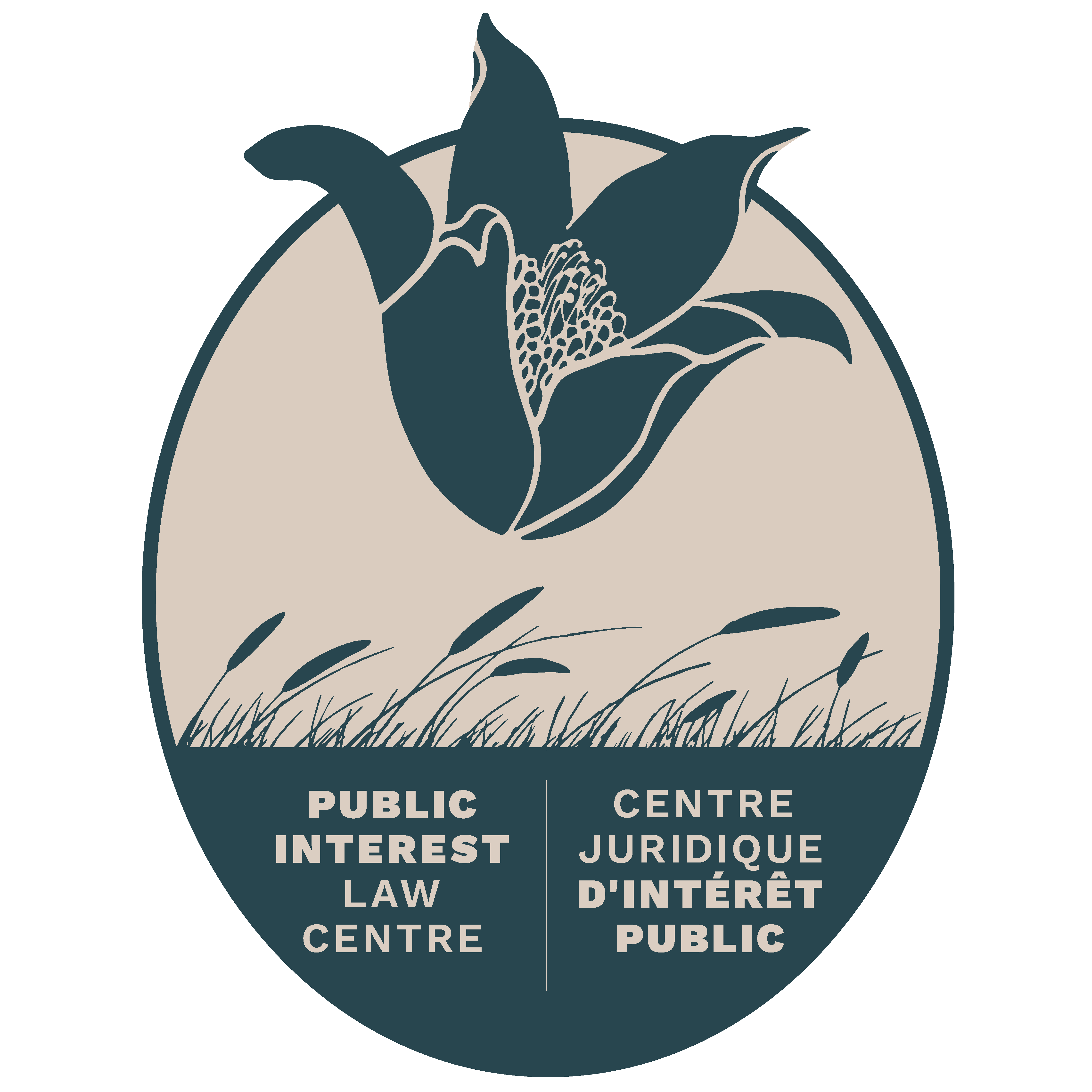Restorative Justice Op-Ed
20/11/2025
Currently, across the country, there are a number of public and political discussions regarding community safety and how the criminal justice system through its bail and sentencing processes address those who come into conflict with the law. These discussions often focus on the extreme case with tragic outcomes without having the full context of the difficult decisions and legal options that the lawyers and the Judge hearing the case must consider and make in reaching an outcome in any criminal matter. Because to the nature of the case, discussions are also often fraught with emotion both personally and politically. It isn’t always easy to separate the emotion from the case in question and look at our laws through a neutral lens.
The neutral lens has been missing from many of these public conversations which taints the understanding of approaches and resources available to support those who are in conflict with the law and who do choose to accept responsibility for their actions.
Restorative justice approaches may include a number of different methods to allow offenders, victims, and communities affected by criminal behaviour to be meaningfully involved in addressing and repairing the harm that was experienced by finding a resolution promotes both the healing of those involved and public safety overall. In Manitoba, these approaches are most often done through Restorative Justice Programs which are supported under the Restorative Justice Act. Participation in these programs can occur at both the pre-charge stage before an individual appears in a criminal court and at the post-charge stage as a diversion from the court system.
Restorative programs aim to repair the harm caused through accountability rather than seeking to punish the offender. The process provides opportunities for the victims, offenders, and communities affected by a crime to communicate about the circumstances and the impact of the offence and to speak to their respective needs. These are facilitated programs and may be individually tailored to each community according to their own needs and makeup. Restorative Justice programs often operate collaboratively with Victim Services and communities to deliver diversion programming outside of the usual court process. Restorative Justice Programs are not a “break” which allow for an offender to escape their just punishment. They are tailored to address the unique factors that led the offender to commit the offence. They also provide for far greater input from the victims of the offence, sometimes even the community where it is appropriate.
Similarly, there are specific Indigenous Justice Programs delivering restorative justice programming in Manitoba within the Criminal Justice System ensuring culturally appropriate and community centred approaches. It should be understood however that traditional Indigenous legal systems, which existed long before the introduction of the European colonial justice system, already sought to maintain a stable and predictable social environment for Indigenous communities based on customary laws and concepts of Indigenous Justice often specific to individual nations.
Restorative Justice Programs are often thought of as only available and applicable to those coming into conflict with the law for the first time, with less serious offences, in the context of diverting those matters out of the courts; however, restorative justice approaches can be applied broadly and at all stages of criminal proceedings.
Indigenous justice principles and Restorative justice principles can not only work alongside and within the current justice system but they can also enhance many of the goals of our justice system by reducing recidivism, making offenders more accountable for any harm done and creating stronger as well as safer communities and community ties.
Repairing relationships, addressing harm, encouraging accountability, and supporting reintegration for those who are prepared and willing to do so, in a manner that supports and includes Indigenous justice approaches, could have a significant impact not only on the future path of reconciliation within the western criminal justice system but also on the safety of communities across Manitoba.
Restorative Justice Week is nationally recognized each year in the third week of November. The purpose of this week is to raise awareness on restorative justice and allow for an opportunity to highlight and acknowledge the work done through a restorative justice approach. The theme for this year’s Restorative Justice Week is: Celebrating Progress. Shaping the future.
Right now, as conversations surrounding safer communities continue, the future is indeed being reshaped. It is time to look more closely at the good work currently done through restorative justice programming and to ask how restorative justice and indigenous justice principles applied more broadly and consistently through the criminal justice system could shape the future.
Sandra Bracken
Deputy Executive Director
Legal Aid Manitoba



